Consider this code:
struct AA
{
int& rr;
};
Is there a way to obtain pointer (or maybe reference) to AA::rr in order to obtain this?
AA* aa;
auto mm = &AA::rr; // error: cannot create pointer to reference member ‘AA::rr’
aa ->* mm;
Also in gcc-7.0.1 decltype(AA::mm) is just int&. Is this according to the standard? And does this make sense?
EDIT
Sorry guys, I formulated the question not quite well. No complaints to the fact that references are not objects or that there is no such thing as pointer to a reference. The goal is quite selfish. Given struct AA { int& rr; }; I just want to have a function like this:
template < typename Class, typename Member >
void test(Member Class::*) { }
that when calling test(&AA::rr) I want Class to be AA and Member to be int& or int. So I don't even need the pointer itself but its type that will allow to retrieve the class type and the member type.
